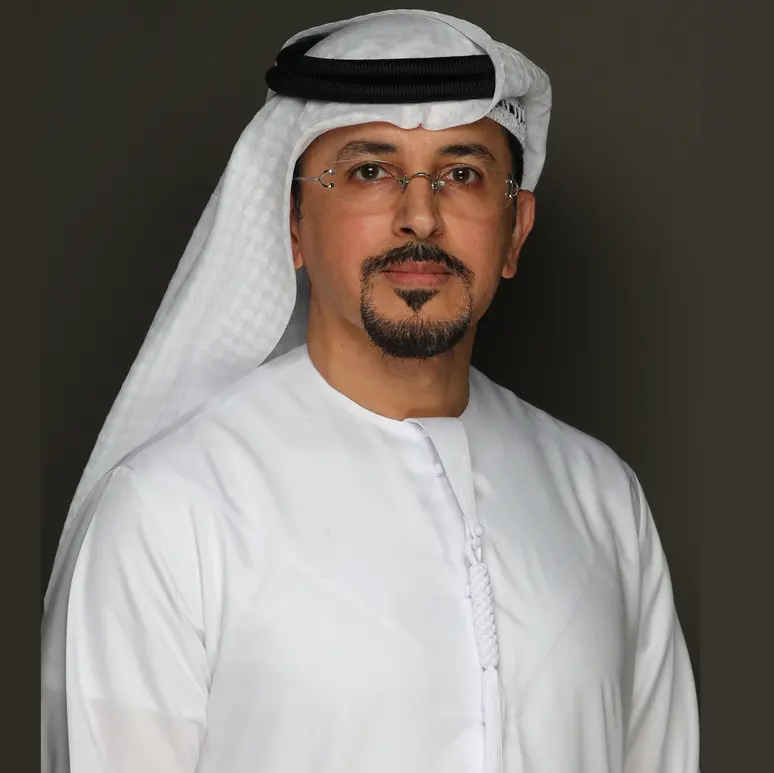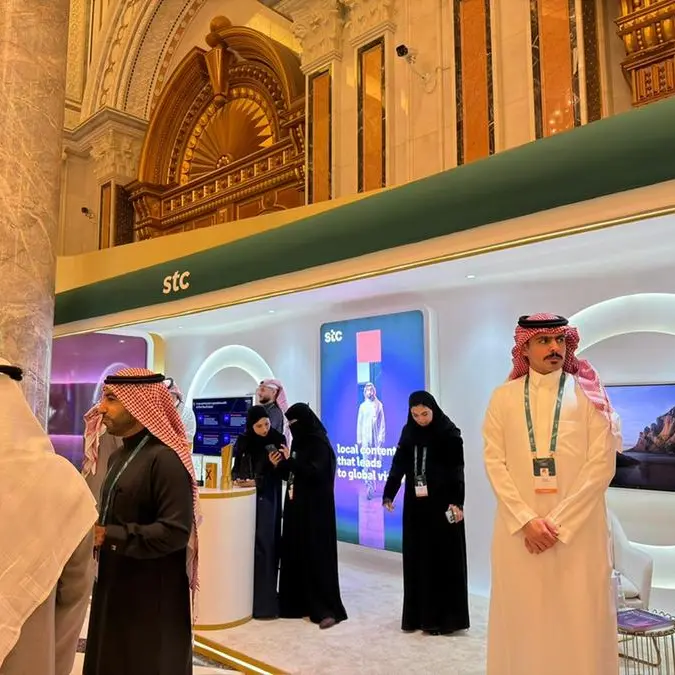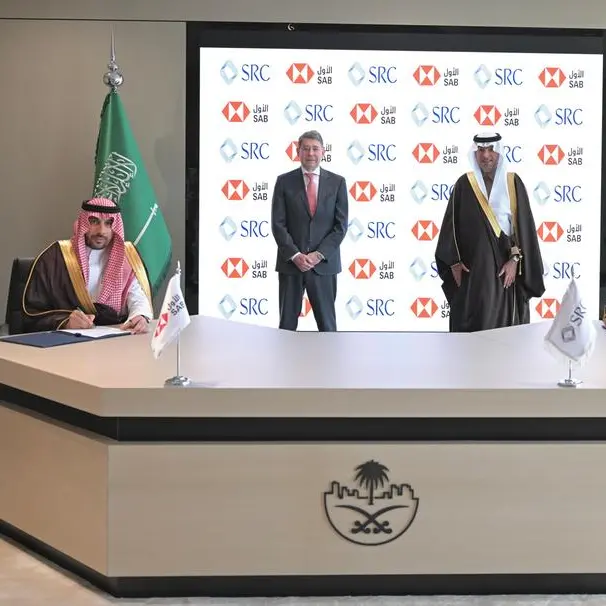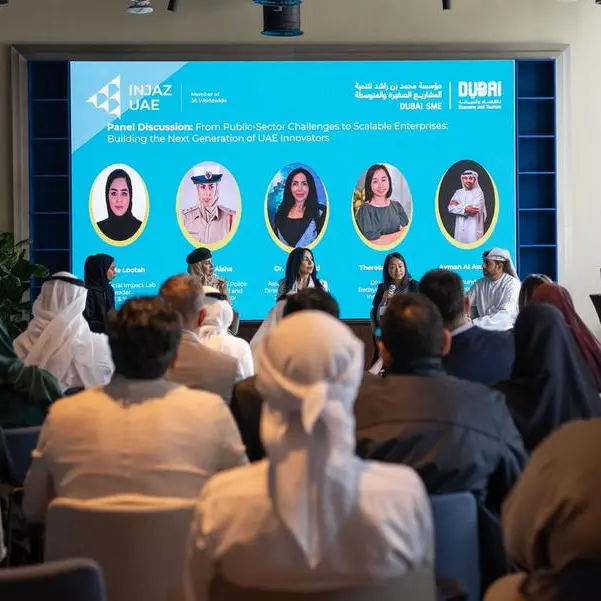Polina Lion, Chief Sustainability Officer, Rosatom State Atomic Energy Corporation discussed the biggest challenges facing the energy sector in the Middle East and North Africa region in the path of sustainable development, noting that the economy of the Middle East and North Africa region is similar to the Russian economy in terms of carbon intensity as they depend on oil and gas.
“Rosatom is a global company, we have operations in more than 50 countries, and therefore we have a strong request on ESG-performance from our foreign partners and customers, especially from the EU companies, where the sustainability agenda is still much more mature than in other regions. We have been seeing such requests for more than 5 years already, and they have become more complex and mandatory, specifically for the last couple of years. In Russia, there is also a shift towards ESG-compliance requirements both at the governmental level and corporate one, especially among big companies having foreign operations and investors,” said Lion.
She added “we see a significant evolution for ESG-performance in Russia – from PR and marketing to profound ESG-transformation in operations. That is caused specifically because of global market requests and regulatory standards. In Rosatom, we have been developing dedicated ESG-expertise since 2019. Today, we have sustainability principles included in the Rosatom Strategy-2030. We are ESG-rated by several Russian and international rating agencies, we have developed our public reporting system, we have elaborated an internal ESG-compliance procedure for our core businesses and products. Last year, we issued the Rosatom suppliers code, based on ESG-principles. All this is our move toward ensuring ESG-quality of our operations and products.”
Lion mentioned that the carbon intensity of the MENA region economy is similar to the Russian one due to its oil&gas basis. For the sectors depending on extractive industry, climate mitigation and “Do no significant harm” (DNSH) criteria compliance should be of the highest priority. Companies should focus on implementing CCSU technologies and innovations to reduce their carbon footprint, prevention of any significant risk of negative impact on the environment and biodiversity. A net-zero commitment or at least some goals to reduce the carbon footprint per unit produced and for the company itself are also highly recommended.
There is a global challenge for the oil&gas industry to restructure its market proposal with green-compliant products. “We see that some global players like BP or Shell are replacing their carbon intensive products with wind power businesses. This is a certain strategic challenge for the company and for the region because there should be shifts not only in business and technologies, but also in human mindset – to guarantee efficiency of the green transformation. We are glad to see countries of the region, like UAE, are shifting to a low-carbon economy both from the business standpoint and human mindset perspective,” pointed Lion.
Nuclear technologies are broader than nuclear energy, they include, for example, nuclear medicine and isotopes for cancer diagnosis and therapy, irradiation centers for food treatment, research reactors for applied science, etc. We may say that there is a significant correspondence between nuclear-based technologies and the 17 UN Sustainable Development Goals – such as, for example, SDG 2 “Zero hunger”, SDG 3 “Good health and well-being”, SDG 7 “Clean and affordable energy”, SDG 9 “Industry, innovation and infrastructure”, and SDG 13 “Climate action”.
There is another ESG-specific aspect, when considering ESG-compliance of the project or sector of the economy – “Do no significant harm” criteria, which is crucial for the nuclear sector. This DNSH criteria is very important to ensure the applied technology is safe for the environment and human health and wellbeing. Modern nuclear energy solutions adhere to the strictest safety & security requirements. The compliance of nuclear energy with the DNSH criteria has been confirmed by the EU Joint Research Center in April 2021, when it stated that “Nuclear energy does no more harm to human health or the environment than any other power-producing technology considered to be sustainable”.
Moreover, considering these requirements, the most in-demand nuclear energy technology is Generation IV reactor, which is based on the closed fuel cycle operation and spent nuclear fuel recycling. “We have been working in the field for a while now. For example, we operate the world’s most powerful fast reactor, which we currently shift to use reprocessed fuel only. In 2021, Rosatom has also started construction of a new Gen IV reactor, which we aim to finish in 2027. Taking into account that nuclear energy is one of the most CO2-friendly technologies (or the most low-carbon according to the latest UNECE research), we consider it to be fully ESG-complied.”
The role of nuclear energy and demand for nuclear power plants now is changing, mostly due to the need for guaranteed energy supply and urgency of climate action. International experts assure that without nuclear energy climate goals will not be reached. However, there are still many controversial and emotion-based public concerns about nuclear energy despite the highest safety standards in the nuclear industry.
“This means that we need to be as transparent for our stakeholders as we can, answering questions, talking simply about complex solutions, providing specific data and practical examples toward any request and concern”.
For example, in Russia, where they operate 11 nuclear power plants providing 20% of the country's energy mix, public acceptance of nuclear energy is 77%, and in nuclear industry-related cities it is higher than 90%. That is because transparency is their top priority. “We see that the more facts people know about nuclear energy, the more they understand that it brings significant positive effects for quality of living, energy supply security together with jobs, high education, infrastructure development and industrial growth. We strive to establish such an open dialogue in each country, where Rosatom develops nuclear power plant construction projects” added Lion.
She explained that historically, the nuclear industry has very strict regulation, which is based on ESG-related DNSH principles. “When we consider developing an NPP construction project in a new country, which is a newcomer in the use of nuclear technologies, we suggest our partner to start collaboration with nuclear infrastructure development in accordance with IAEA standards. Nuclear infrastructure includes legislation, establishment of a regulating body, personnel training, etc. It is also very important to establish an open dialogue with all the stakeholders to become a trusted partner not only for the customer and the country’s government, but for the locals, who benefit from the NPP, its energy supply, infrastructure, and operation. We believe that only by understanding local needs we have a chance to offer a truly valuable and ESG-compliant solution for the particular NPP project.”
COP27 and COP28 will be held in the MENA region countries (in Egypt and UAE respectively) that chose nuclear as a solid basis for their low-carbon energy mix. This is a perfect illustration of how the MENA region, rich in oil & gas, understands nuclear benefits as a clean and sustainable energy source that not only guarantees uninterrupted 24/7 energy consumption, but also stimulates development in many sectors of economy. “The UAE is the regional leader with the first units of Barakah NPP already in operation. I think this example will motivate other Arab countries to follow,” said Lion.
© Press Release 2022
Disclaimer: The contents of this press release was provided from an external third party provider. This website is not responsible for, and does not control, such external content. This content is provided on an “as is” and “as available” basis and has not been edited in any way. Neither this website nor our affiliates guarantee the accuracy of or endorse the views or opinions expressed in this press release.
The press release is provided for informational purposes only. The content does not provide tax, legal or investment advice or opinion regarding the suitability, value or profitability of any particular security, portfolio or investment strategy. Neither this website nor our affiliates shall be liable for any errors or inaccuracies in the content, or for any actions taken by you in reliance thereon. You expressly agree that your use of the information within this article is at your sole risk.
To the fullest extent permitted by applicable law, this website, its parent company, its subsidiaries, its affiliates and the respective shareholders, directors, officers, employees, agents, advertisers, content providers and licensors will not be liable (jointly or severally) to you for any direct, indirect, consequential, special, incidental, punitive or exemplary damages, including without limitation, lost profits, lost savings and lost revenues, whether in negligence, tort, contract or any other theory of liability, even if the parties have been advised of the possibility or could have foreseen any such damages.


















